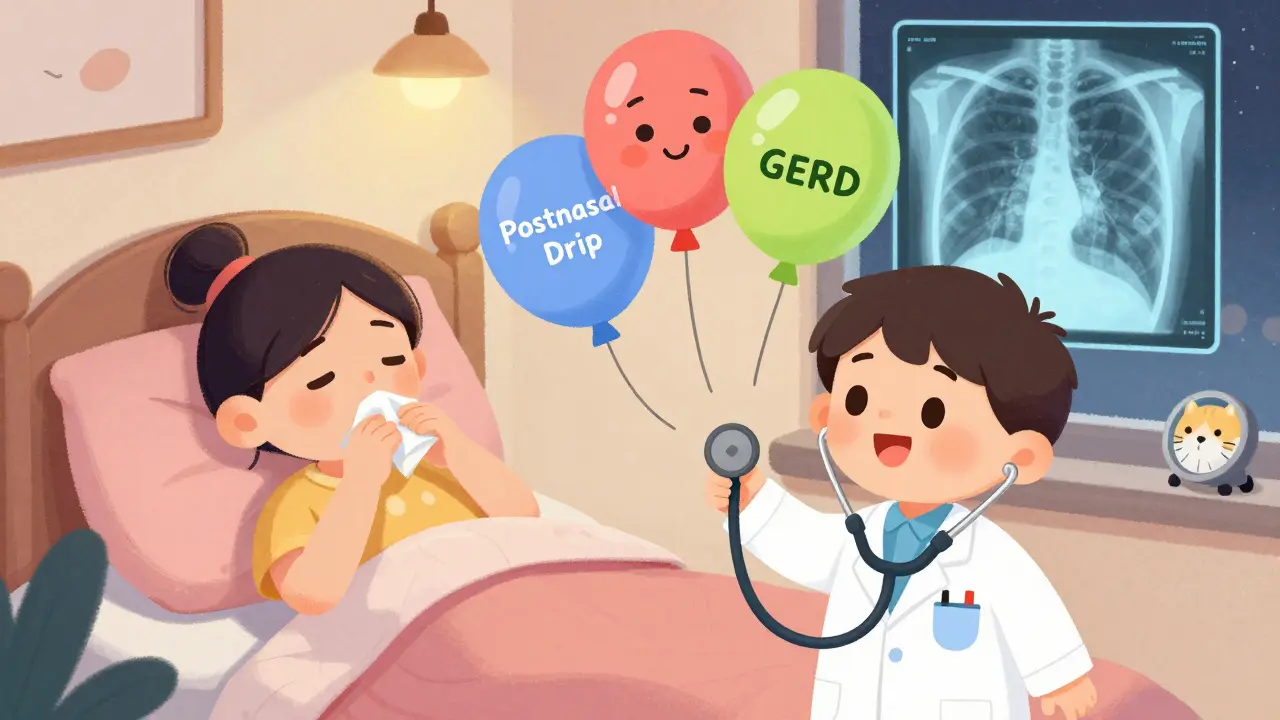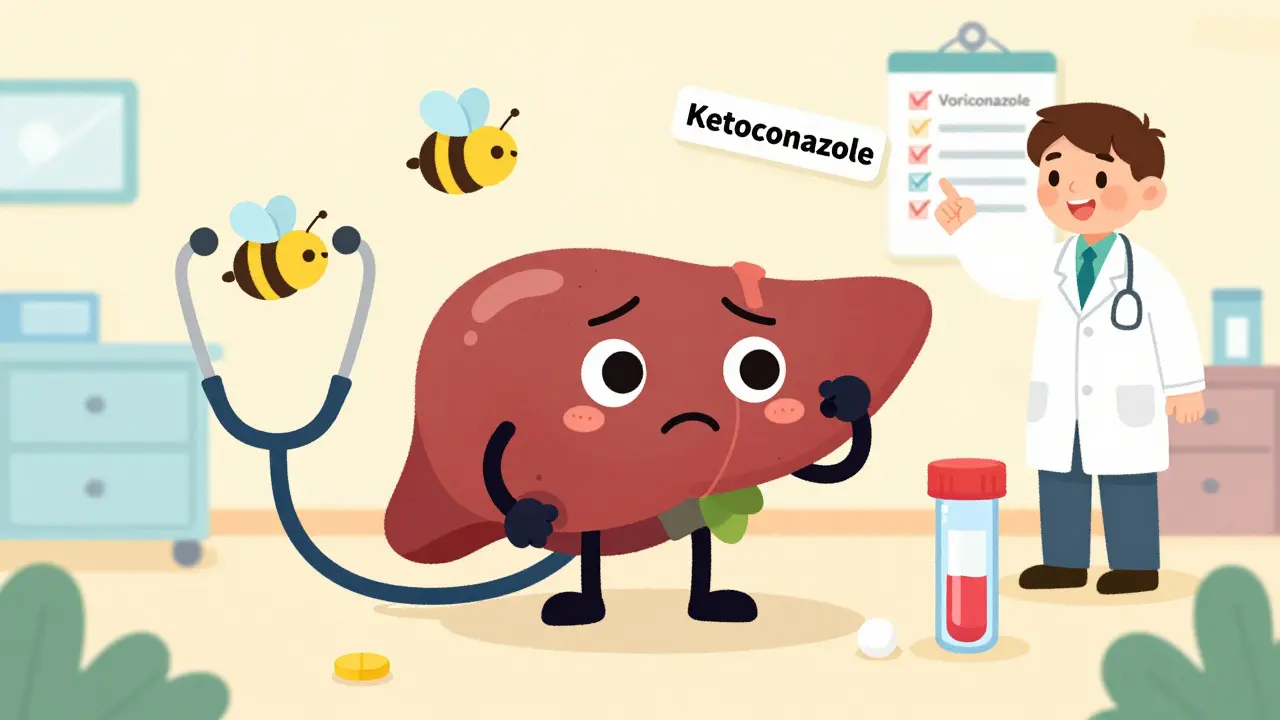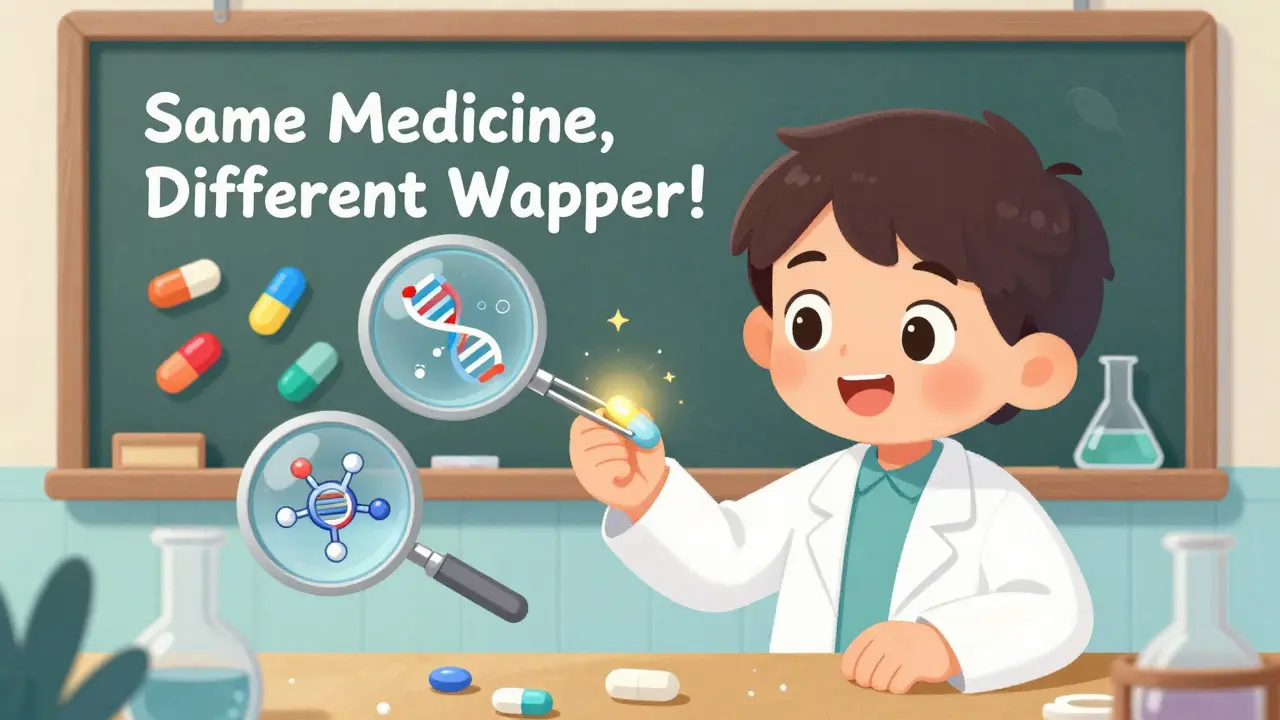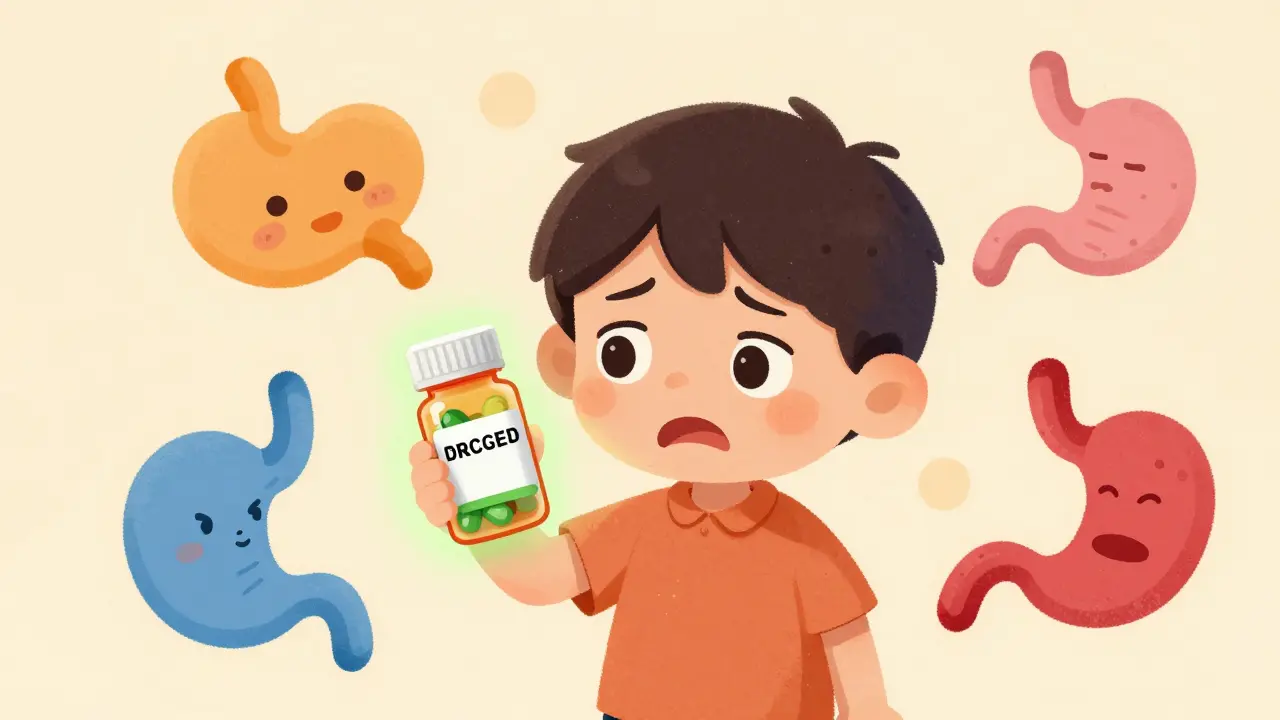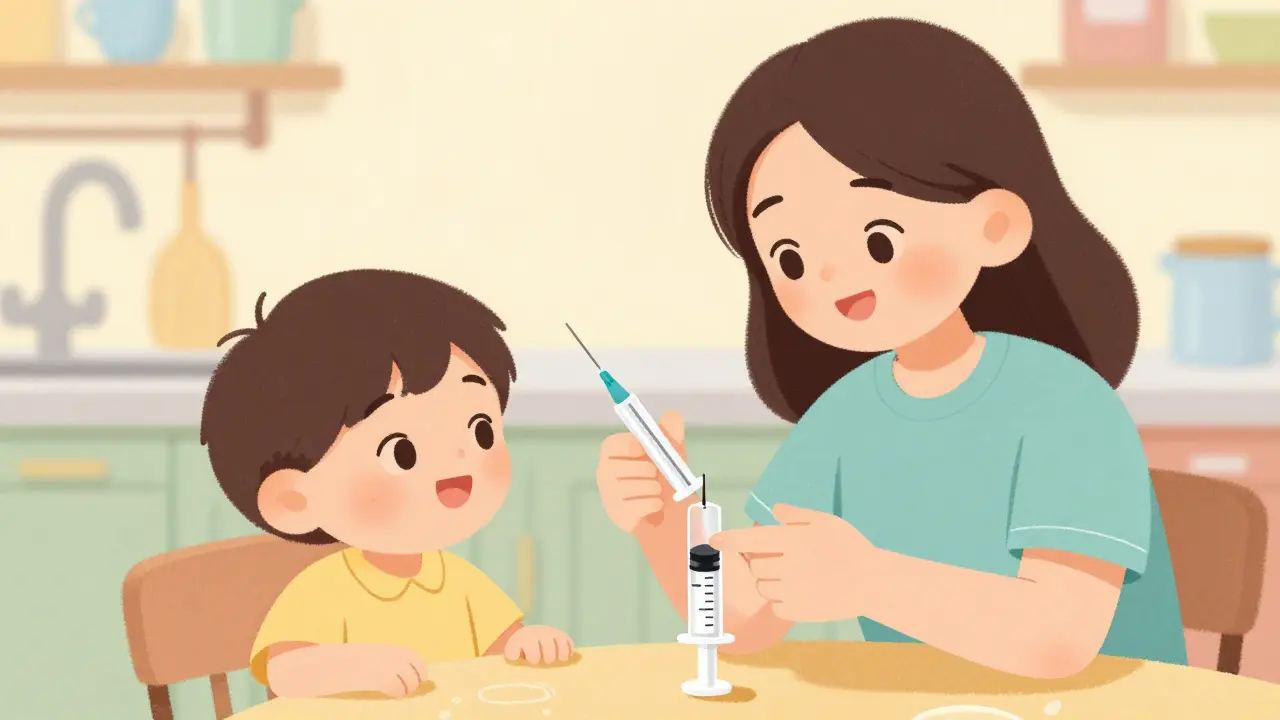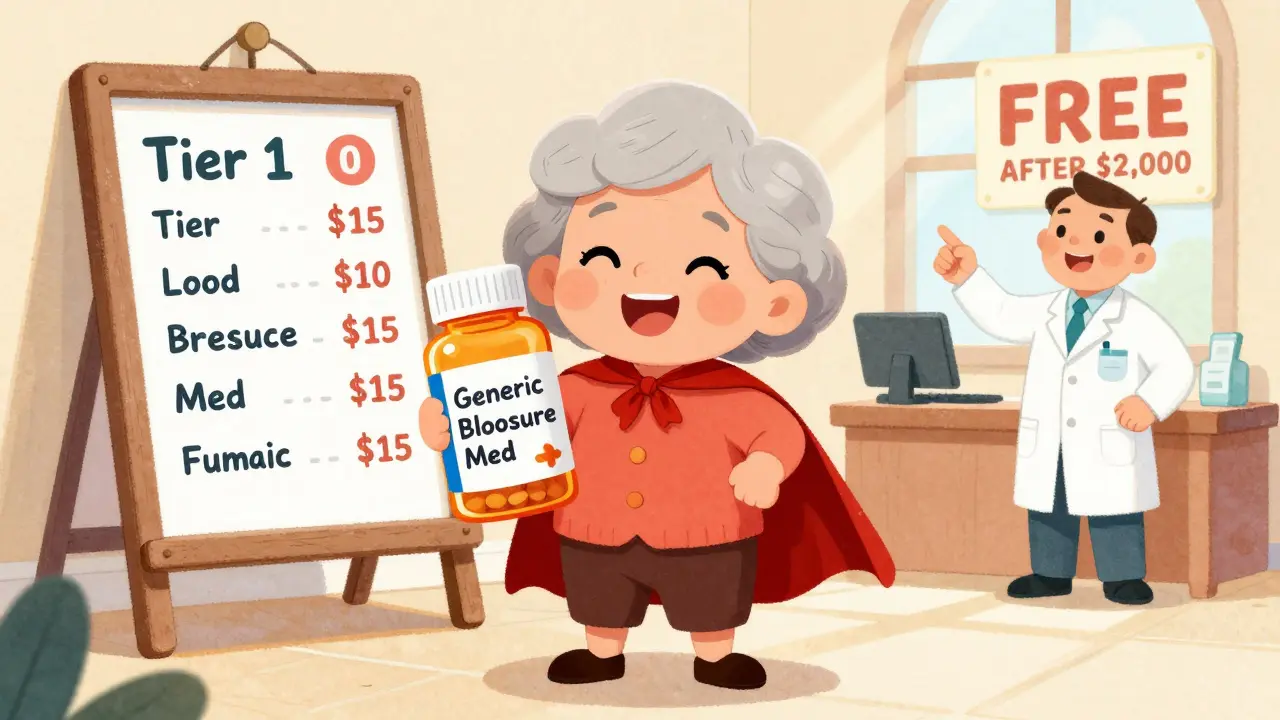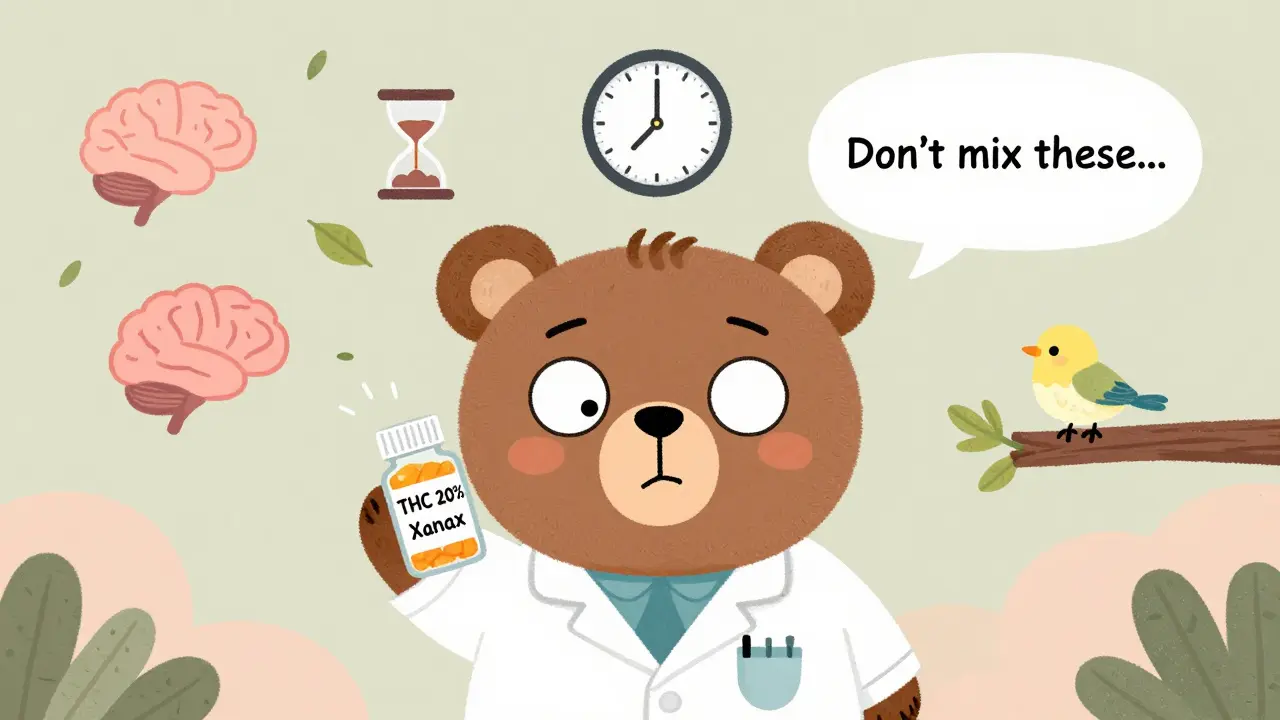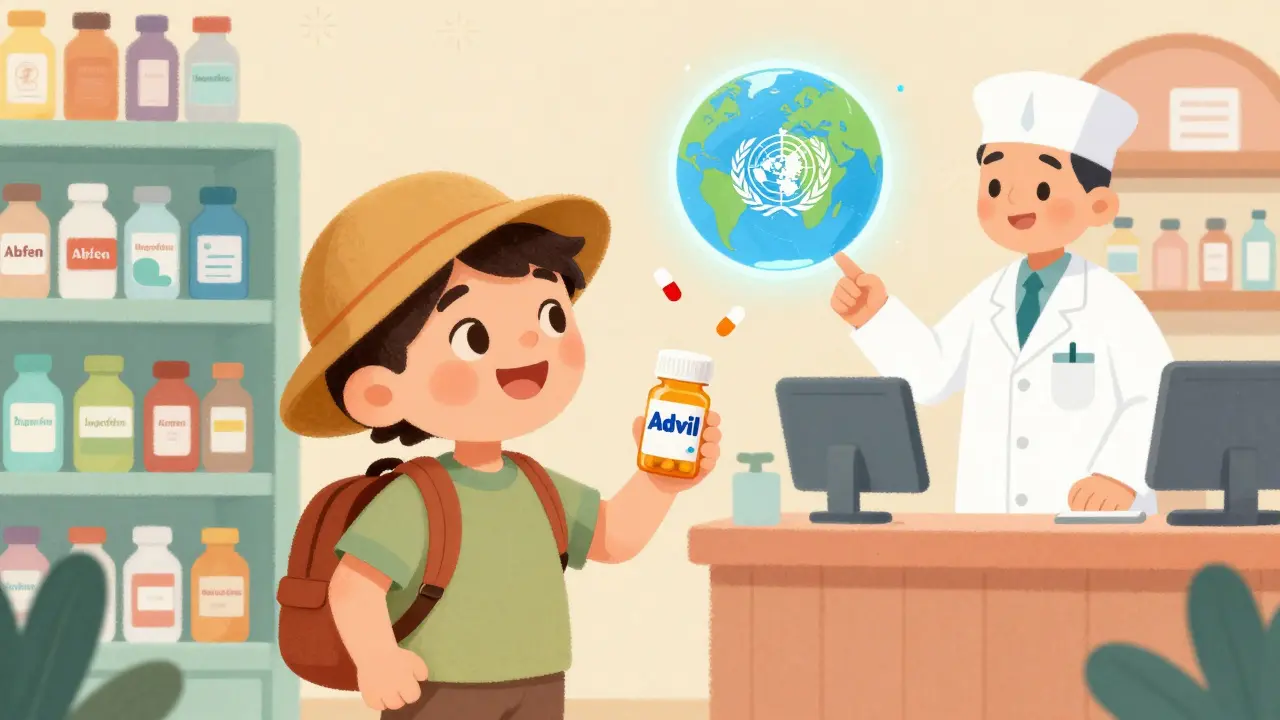Chronic cough lasting over 8 weeks is most often caused by GERD, asthma, or postnasal drip. Learn how to diagnose and treat these three conditions with evidence-based steps that avoid unnecessary tests and get you relief faster.
Author: Jeffrey Abbott
Bisphosphonates are powerful osteoporosis drugs, but their effectiveness depends entirely on proper timing with calcium supplements. Taking them together can reduce absorption by 90%. Learn how to take them correctly to prevent fractures and protect your bone health.
Antifungals can cause serious liver damage, especially ketoconazole, itraconazole, and voriconazole. Learn the risks, monitoring guidelines, and what to do if you're taking these drugs for fungal infections.
Generic drugs save billions each year by offering the same effectiveness as brand-name medications at a fraction of the cost. Here’s how they’re made-from reverse engineering to FDA approval-without cutting corners on safety or quality.
Generic medications save money but can cause unexpected side effects due to differences in inactive ingredients. Learn when to seek help and how to protect yourself from harmful switches.
Medication safety prevents harm from drugs by ensuring correct use. It covers everything from prescribing to monitoring. Every year, over 1.5 million ER visits in the U.S. are due to medication issues. Patients can take steps like keeping a medication list. Technology like EHRs and BCMA significantly reduce errors.
Generic substitution laws let pharmacists swap brand-name drugs for cheaper generics - but rules vary wildly by state. Some require substitution, others demand consent. Learn how your state handles it and what you need to know.
Learn how Medicare Part D covers generic drugs in 2026, including formulary tiers, the $2,000 out-of-pocket cap, cost-saving tips, and how to avoid surprise charges on your prescriptions.
Combining cannabis with CNS depressants like benzodiazepines or opioids can cause dangerous additive sedation, leading to respiratory depression, memory loss, and overdose. Learn the real risks, who's most vulnerable, and how to stay safe.
Learn how to safely translate medication names and dosages when filling prescriptions abroad. Avoid dangerous mix-ups with generic names, dosage formats, and international brand differences.

